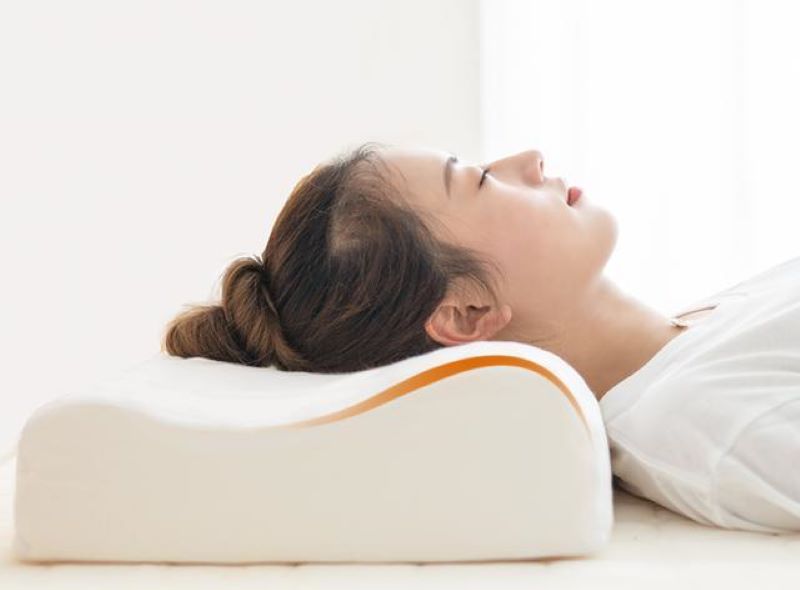Choosing the perfect memory foam pillow can make a world of difference in your sleep quality. Here¨s a comprehensive guide from Taineng Jikang, designed to help you navigate the myriad of options available and find the ideal pillow for your needs.In the past ten years, travel pillow memory foam Defeated many competitors, courageously advanced in the struggle, and polished many good products for customers. https://tainengjikang.com/
How to Choose a Memory Foam Pillow – Taineng Jikang Expert Recommendation
1. Understand Memory Foam: What Makes It Special?
Memory foam is renowned for its ability to conform to the shape of your head and neck, providing personalized support. This material, originally developed by NASA, responds to body heat and pressure, redistributing weight evenly and reducing pressure points. This results in a more restful and comfortable sleep, minimizing the likelihood of waking up with neck or back pain.
2. Consider Your Sleeping Position
Your primary sleeping position plays a crucial role in determining the best memory foam pillow for you:
Back Sleepers: Opt for a medium-loft pillow that supports the natural curve of your neck without propelling your head too far forward. A pillow with a contoured design can also be beneficial.
Side Sleepers: Choose a high-loft pillow to fill the gap between your shoulder and head, ensuring proper spinal alignment. Contoured or ergonomic designs are particularly effective.
Stomach Sleepers: A low-loft pillow is ideal for this position to prevent your head from being pushed too high, which can lead to neck strain. Some stomach sleepers may even prefer a very soft or thin pillow or none at all.
3. Pillow Density and Firmness
Memory foam pillows come in various densities and firmness levels:
Low Density: These are softer and offer a plush feel. They are ideal for those who prefer a gentler, more enveloping sensation.
High Density: These provide firmer support and are better suited for those who need more robust support to maintain proper alignment.
4. Cooling Features
Memory foam can retain heat, which might not be ideal for everyone. Look for pillows with cooling gel or breathable covers if you tend to sleep hot. These features help dissipate heat and enhance airflow, keeping you cool throughout the night.
5. Hypoallergenic Properties
If you have allergies, opt for a pillow with hypoallergenic properties. Memory foam naturally resists dust mites and allergens, but some pillows come with additional antimicrobial treatments or removable, washable covers for added protection.
6. Test the Pillow
Whenever possible, test the pillow before purchasing. Many retailers offer trial periods or allow you to return pillows if they don’t meet your expectations. Ensure the pillow suits your comfort preferences and provides the support you need.
7. Maintenance and Care
Consider how easy it is to maintain the pillow. Memory foam pillows often come with removable, washable covers, but the foam itself is usually spot-clean only. Proper care extends the life of your pillow and keeps it hygienic.
8. Price vs. Quality
While it¨s tempting to go for the cheapest option, investing in a high-quality memory foam pillow can pay off in terms of durability and comfort. Look for reputable brands like Taineng Jikang, known for their quality and craftsmanship.
In Conclusion
Selecting the right memory foam pillow involves understanding your specific needs and preferences. By considering factors such as sleeping position, density, cooling features, and hypoallergenic properties, you can find a pillow that enhances your sleep quality and overall well-being. Trust Taineng Jikang¨s expertise to guide you towards a choice that will lead to many restful nights.